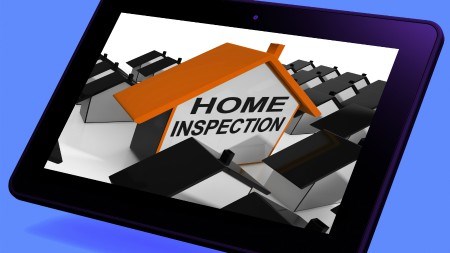If your lease agreement requires you to pay a deposit, then you will need to do so in order to occupy the premises. This applies to both verbal and written contracts.
How much is a deposit?
Usually the deposit is equal to 1 month's rent, although it is becoming increasingly popular for landlords to insist on a deposit equal to 2 months’ rent.
What happens to my deposit?
During the rental period, your landlord MUST invest the deposit in an interest-bearing bank account or the letting agent MUST invest it in a trust account. At the end of your lease, the full deposit, as well as the interest it has earned, should be returned to you, provided that there are no damages to the property.
Is my landlord allowed to withhold my deposit?
The purpose of a deposit is to reimburse the landlord for any outstanding money that is owed or to cover the costs of repairing any damage over and above “fair wear and tear”. If your landlord does withhold your deposit, he will need to supply you with proof of the repair costs he has incurred (e.g. receipts). If the repair costs amount to less than your deposit, your landlord must refund you the difference.
What is “fair wear and tear”?
When used in lease agreements, this terms refers to damage that happens through ordinary day-to-day use of the property, or from exposure to natural forces, for example: the carpet being worn from people walking on it, damage from sunlight or rain.
When do I get my deposit back?
If there are no deductions from a deposit, your landlord must issue a refund within 7 days of the inspection. If repairs are necessary, the deposit minus deductions must be refunded to you within 14 days of restoration of the dwelling. However, if you refuse to attend an inspection, the landlord will have 21 days to transfer the refund.
Now that you have your ducks in a row...
you have signed for your perfect new rental...
and taken care of the deposit...
The next step in your Renting 101 Guide is "Understanding the landlord-tenant relationship":
- Getting your ducks in a row
- Signing on the dotted line
- How to deal with the deposit
- The landlord-tenant relationship
- Terminating a lease agreement




